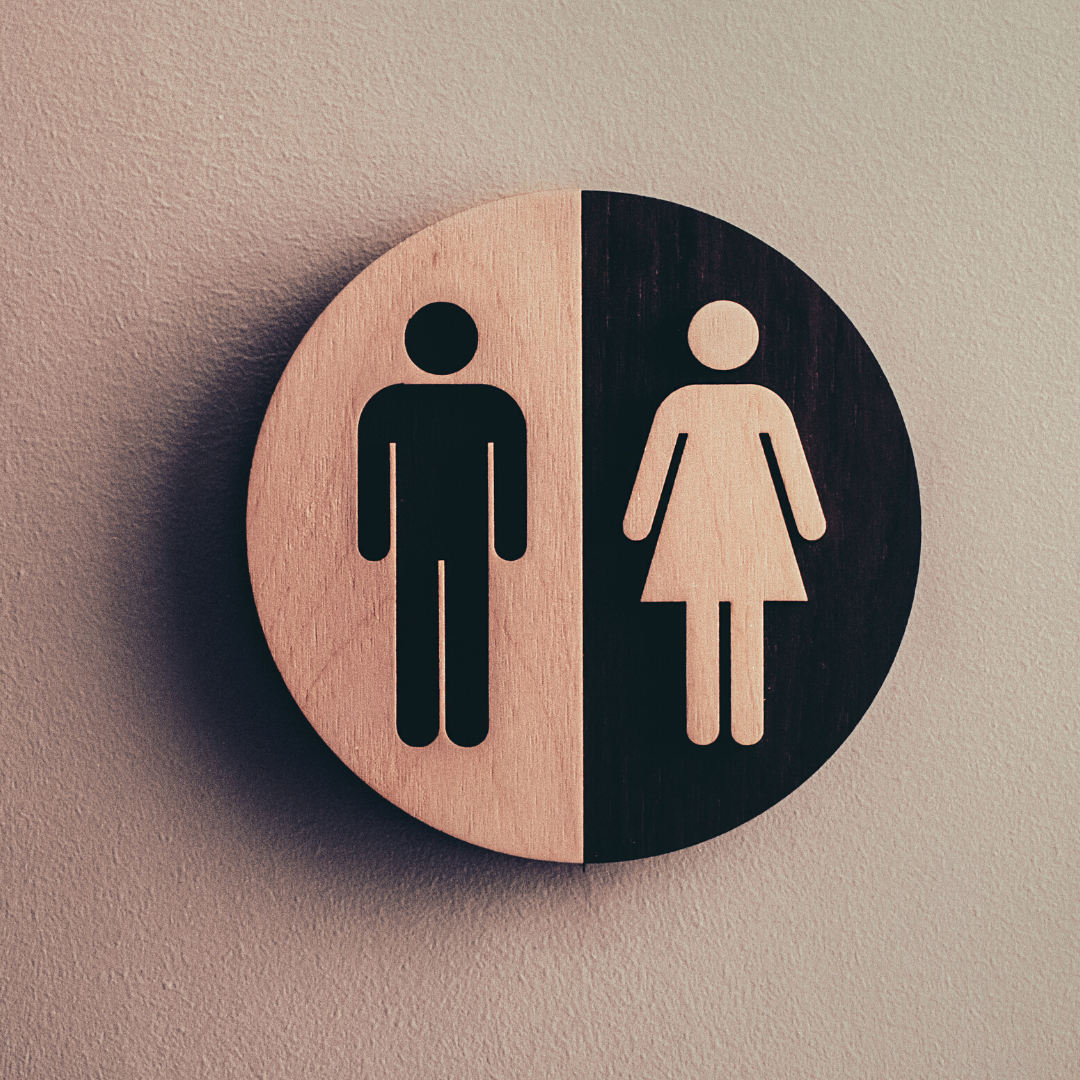Gender equality is the belief that all individuals deserve the same rights and privileges, regardless of their gender.

In many cultures around the world, societies have assigned different roles and responsibilities to different genders. However, some of these societies have considered one gender, often the male gender, to be superior, granting rights and privileges to
people of this gender that are not available to individuals of other genders. For example, throughout the 19th century in Canada, only (white) men could own property,
vote in elections or hold public office.
Gender equality is not about erasing the differences between genders, eliminating gender as a concept or devaluing the work of either women or men. Rather, it is based on two important ideas. First, gender is socially constructed, not biological. In other words, gender roles are created and imposed by a society onto individuals. Second, every aspect of an individual’s experience is influenced by their gender roles and socialization. Therefore, advocates of gender equality often focus their attention on fighting inequality in many different forms.
Many people assume that gender equality is related only (or mainly) to women, women’s rights movements and feminism. But there are several important differences. Women’s rights movements focus specifically on supporting women in their search for equal access to opportunities. Most but not all feminists support gender equality and fight for better circumstances for all individuals, regardless of gender. However, some supporters of gender equality do not consider themselves to be feminists.
More recently, the concept of gender equality has been expanded beyond the traditional idea that there are only two genders, women and men (gender binary). This broader approach recognizes individuals of all different genders. It also recognizes that individuals who have non-binary gender identities and expressions often experience the same type of inequality faced by women and girls.
Gender equality has been critiqued for its focus on equality as opposed to equity. Gender equality requires that individuals of all genders receive the same access to opportunities and support. In comparison, gender equity argues that individuals of different genders require different levels of support to achieve true equality.
Likewise, some non-Western feminists have critiqued the notion of gender equality as a Western imperialist concept. They argue that the idea of gender equality is foreign to or incompatible with their own beliefs and oppose any attempt to make gender equality an international standard. Others oppose the idea of gender equality because, as they argue, men and women are fundamentally different. These individuals often argue that women and men have certain familial roles or responsibilities that are dictated by nature.
Today, countries and organizations around the world promote the goal of gender equality. Many organizations, including the United Nations, support the concept of gender mainstreaming. This is an approach to public policy that evaluates the effect of any planned action (legislation, policies, programs) on individuals of different genders.

 Share on Facebook
Share on Facebook Share on X
Share on X Share by Email
Share by Email Share on Google Classroom
Share on Google Classroom